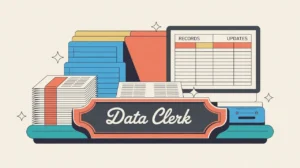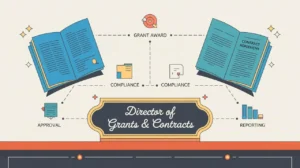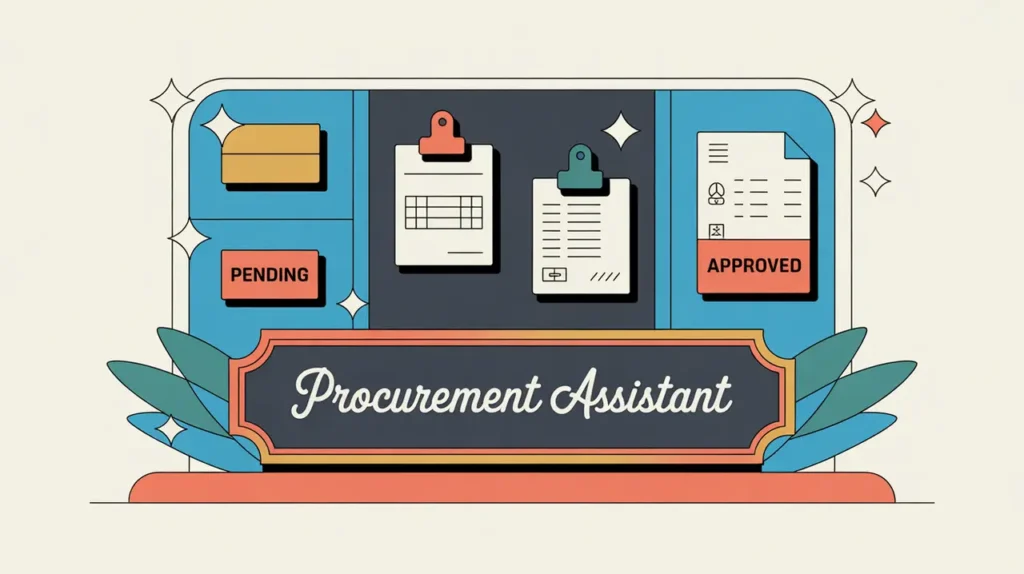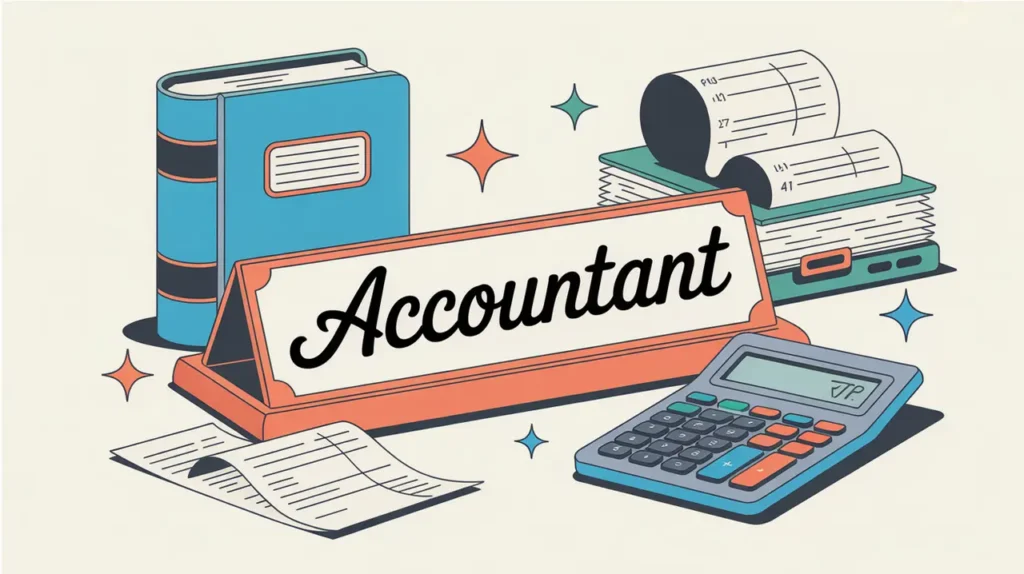What Does the Compliance Assistant Role Involve?
A compliance assistant supports the implementation and monitoring of an organization’s compliance systems to ensure adherence to legal, regulatory, and internal standards. This involves maintaining records, supporting audits, tracking deadlines, assisting in policy implementation, and helping identify and address compliance issues. The role typically sits within legal, finance, risk, or operations functions, depending on the organization’s structure. In both nonprofits and social enterprises, compliance assistants play an important role in maintaining organizational integrity, minimizing risk, and supporting accountability to regulators, funders, and stakeholders.
At What Level does this Role Operate?
Entry Level: This role typically reports to a compliance manager or officer and focuses on supporting day-to-day compliance activities. It involves executing defined tasks, maintaining accurate records, and learning regulatory frameworks and organizational policies.
Relative Employability: Entry-level compliance roles are in regular demand across nonprofits, social enterprises, public institutions, and mission-driven organizations that operate in regulated environments. They provide an accessible entry point for individuals interested in legal, financial, or operational governance careers.
Relative Pay Scale: Within nonprofits and social enterprises, compliance assistant roles sit at the lower end of the pay scale, reflecting their entry-level status and support responsibilities.
What are the Key Responsibilities and Activities?
- Maintain compliance documentation, records, and tracking systems
- Support internal audits and external regulatory reviews by preparing materials and coordinating logistics
- Monitor deadlines and reporting schedules to ensure timely submissions
- Assist in implementing organizational policies, procedures, and compliance checklists
- Support the identification and reporting of potential compliance issues or risks
- Help communicate policies and compliance requirements to staff and partners
- Coordinate with internal teams to collect information required for compliance reporting
- Provide administrative support to compliance teams
What Core Competencies and Qualifications are Needed?
Required Qualifications and Experience
The following reflect common qualifications and experience expected for this role, while recognizing that pathways may vary by context, organization, and region.
- Relevant academic background in business administration, law, public administration, finance, or a related field, or equivalent experience through internships or administrative work
- Familiarity with basic regulatory or compliance concepts, ideally gained through coursework, internships, or volunteer experience
- Strong organizational skills and attention to detail
- Ability to follow established procedures and maintain accurate records
- Clear written and verbal communication skills
Key Competencies
- Attention to detail and accuracy
- Organizational and administrative support abilities
- Basic understanding of regulatory and policy environments
- Integrity and reliability in handling sensitive information
- Willingness to learn and adapt in structured environments
- Ability to work collaboratively with multiple teams
How are AI and Automation Shaping this Role?
An AI-native compliance assistant will look to AI and automation to streamline tracking, documentation, and reporting tasks. They can use AI tools to monitor regulatory updates, flag deadlines, and identify potential compliance gaps. Automation can support data collection, record management, and scheduling of compliance activities, allowing the assistant to focus on learning regulatory frameworks and supporting higher-level compliance work. By integrating AI thoughtfully, compliance assistants can increase their efficiency and contribute more effectively to organizational governance.
What Career Pathways and Transferable Skills are Associated with this Role?
Compliance assistant roles provide a strong foundation for advancement into compliance officer, risk management, legal, or operational leadership positions. The skills developed in documentation, regulatory understanding, and cross-team coordination are transferable across nonprofits, social enterprises, public institutions, corporations, and international organizations. Many professionals in senior compliance and governance roles begin their careers in assistant positions, where they build practical knowledge and procedural discipline.







